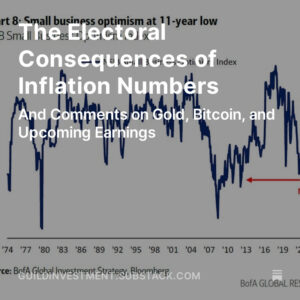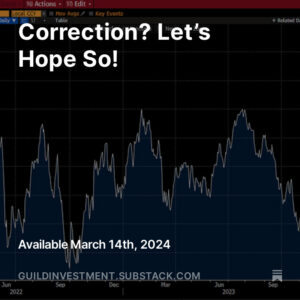A Note on Solar Energy Economics
We recently read a piece of analysis on solar power generation that we thought was worth passing on to our readers. Even though the naïve and unreasonable pursuit of renewables can put a whole economy in the soup, as we noted above, governments are very likely to keep supporting solar for the foreseeable future. And that may create opportunities for investors.
Solar Panel Manufacturers Realize the Benefits of Building Plants 
Panel Fabricators Feel the Pressure, Change Their Strategy
Market saturation and cutthroat competition created a difficult time for solar panel manufacturers over the past several years. What has turned out to be quite lucrative is the construction of solar power plants. While panel fabricators struggled, plant developers could take advantage of government subsidies by locking in an agreed-upon price for the electricity the plant generates. That lock-in might last 20 or 25 years — the typical life span of a solar panel. And where the contractual price is higher than the market price for electricity, the plant operator is getting the benefit of an implicit subsidy.
So in return for the capital cost of the plant’s construction, and the cost of maintaining and operating it, the reward is a lucrative and reliable stream of income. Panel manufacturers have figured out the advantages of this arrangement. Their cost of capital is lower than that of competitors who don’t make their own panels. And the dependable income from the plants helps mitigate the volatility of a pure-play manufacturing business.
Caveats
There are several caveats. First, many fast-growing companies in this space are Chinese. Although as we have noted before in this letter, and will note again below, that we don’t believe a Chinese financial meltdown is in the works, we are cautious about direct China exposure for many other reasons. China’s big solar plant builders may look promising, but we would be very cautious until we see further progress in accounting transparency standards and anti-corruption reforms. And even though trust defaults may not produce a “Chinese Lehman” event, the government’s slow and steady reining in of the shadow banking sector may produce equity market headwinds for awhile yet.
And of course, whether in China or elsewhere, the underlying economics is only viable with the guarantee of above-market prices for the generated electricity. Any reform to the subsidy regime could compress margins drastically or render the plants uneconomical. Being at the whim of bureaucrats is not a situation we’re sanguine about. (It’s worth noting, though, that these subsidies are often paid by consumers of electricity, and as such are not a budget item that can cause stress to politicians.)







